

We are chasing the Dömbra, the two-stringed long-necked lute of the Altai, the soul of the Kazakh people. This slender cedar wood instrument carries the sacred of the nomad: those long nights spent below the stars. It is the vessel of the Kazakh people’s oral history: the tool for recounting the tragedy and strength of ancestors and for performing the emotional and the poetic.
The Dömbra Nation
We spend 20 days discovering the places where the Dömbra’s magic is alive and breathtaking – in villages, children playing, elderly men who have transmitted the gift to the next generation, and the masters writing and reviving older traditions. The Dömbra is omnipresent and a core part of any Kazakh home. In every village we travel through – Urumqi, county centers, mountain communities, small towns on the edge of summer pastures – the Dömbra is alive and strikingly articulate.
During our research, we also slip into those parlors of officialdom where China’s folklore is chiseled and constructed, where shows are constructed and the traditions of various peoples mixed and confused. We skip from authenticity to folklore, between magic and politics: a beautiful path of song and emotion.
Births and Myths

One story tells of a love. A beautiful young woman, brave and confident who dares her young lover to make a cedar tree create sound. Only then will she marry him. Eager, ambitious and in love, the young man works night and day, chiseling, molding and carving out the Dömbra from the tree. Finished, he beckons his love with sweet serenades. The cedar tree has come alive in his hands and the emotions and voices that emerge from the hollow wood woo his young love.
Another story tells of the gifts of the natural world, conspiring to help man. A young shepherd is tending to his sheep in the summer pastures. Hard, open, lonely work. The shepherd is restive and lonely, aching for company – when he hears a strange voice beckoning. He follows the sound across the green of the land and is surprised to find the dried carcass of a sheep. The sheep intestines, torn apart by hawks and other predators have been wrapped around the sheep’s ribs, where they have dried. Above the hollow of the leather carcass the dried strings of intestines are vibrating in the winds – producing sound. Intrigued, the shepherd starts to pluck the strings, and is stunned by the emotions he can translate with this natural echoing box. The young shepherd reproduces the instrument with wood – recreating the hollow of the sheep carcass above which he strings sheep intestines – making the first Dömbra. (Traditionally, the Dömbra strings are indeed naturally processed sheep intestine)
Perhaps the Dömbra is really the descendant of other lutes brought from the Ferghana or Persia or other lands – but in the memory of the Kazakhs it was born on the wild, lonely and generous plain – given by nature to quell man’s solitude, express love, and build nations.


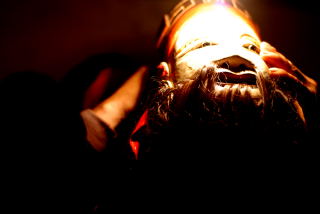
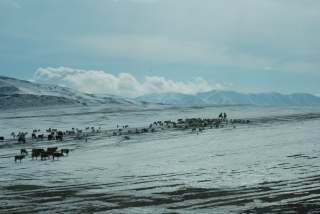
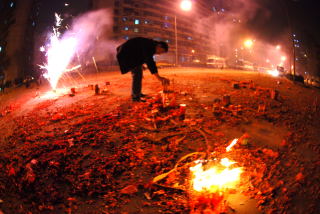
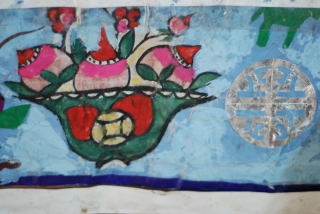

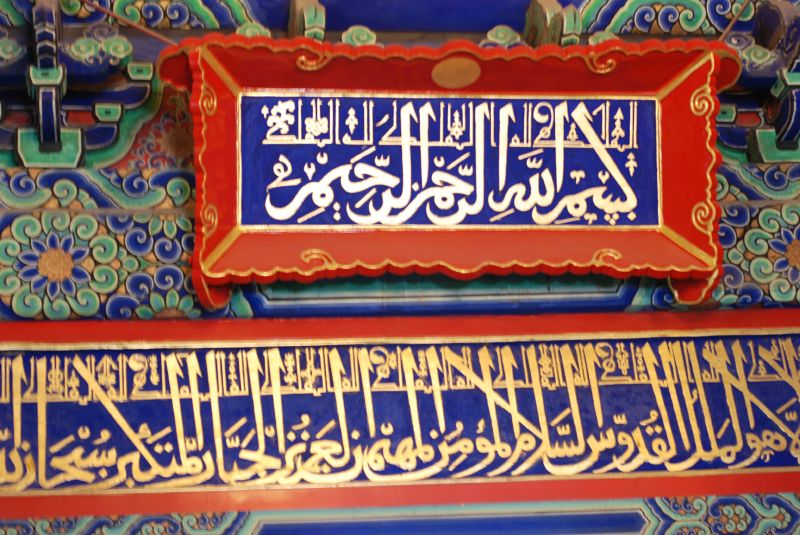

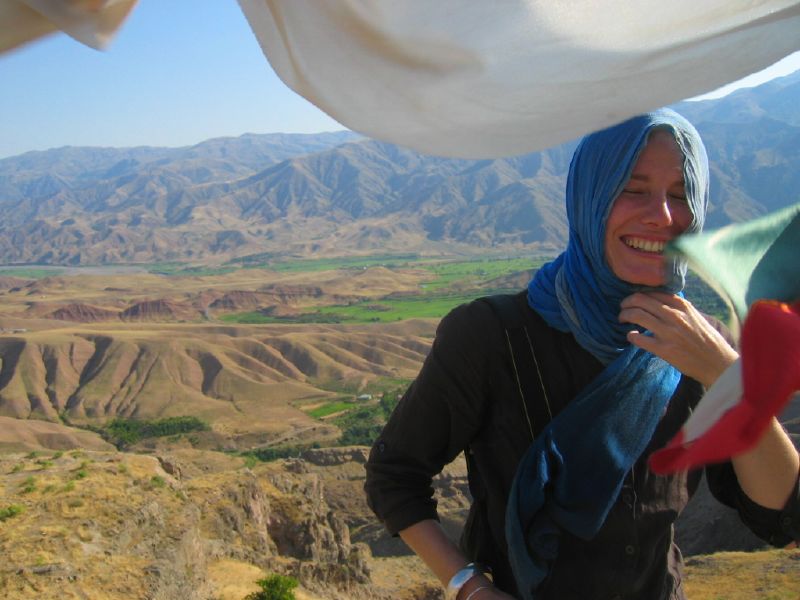
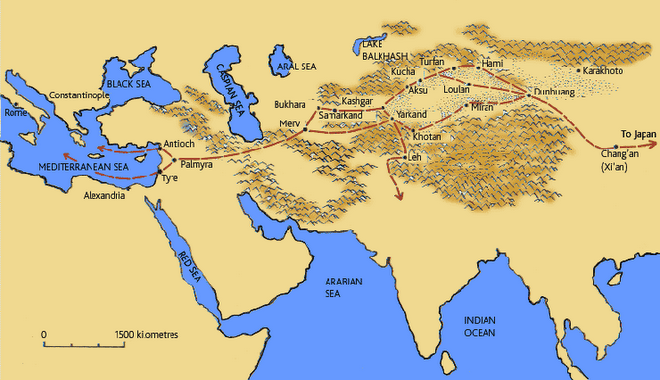
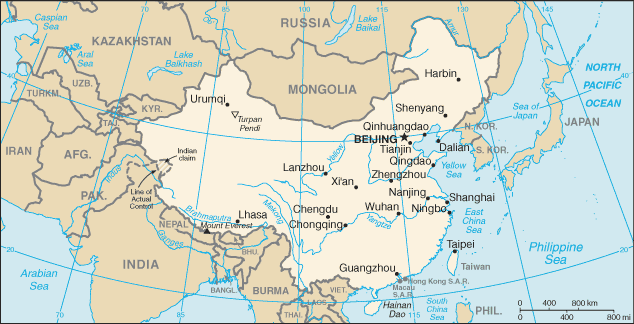
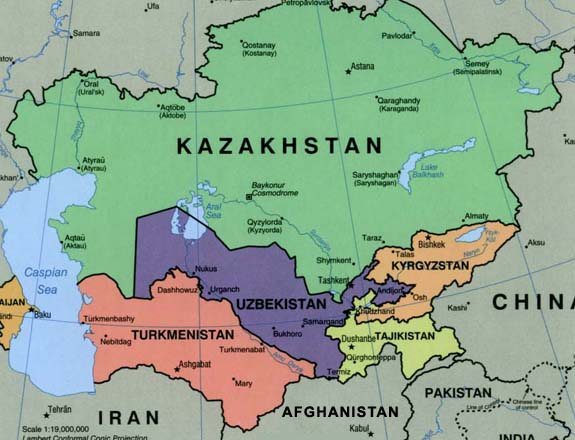
No comments:
Post a Comment